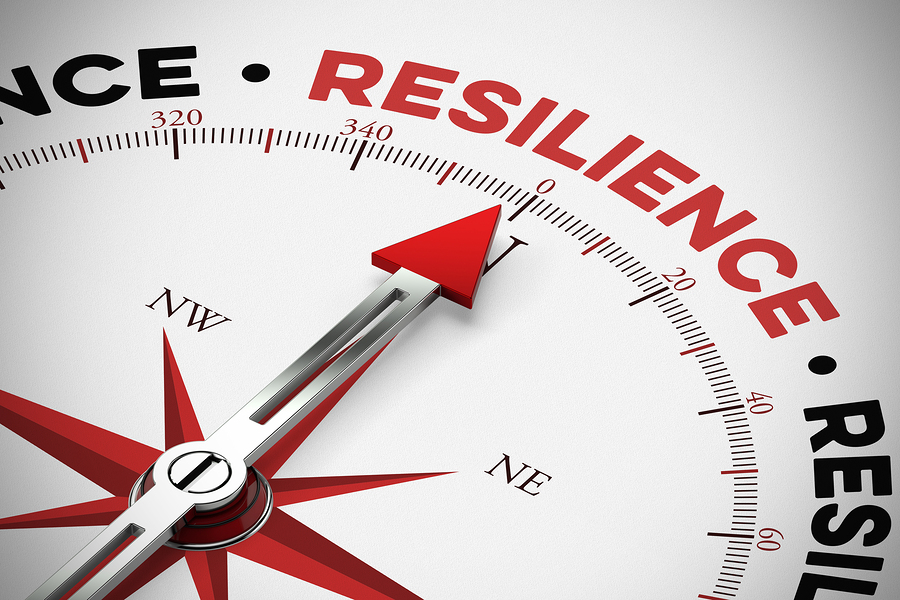
One of the biggest challenges facing us right now is dealing with a world which is trying to cope with a global pandemic whilst juggling all of the other priorities and requirements on us that haven't gone away in the meantime.
Work, home life, childcare, family obligations, self and mental care are all clamouring for our attention. Not to mention the pressures of being furloughed or not even being able to work at all.
I am not, personally, qualified to help with severe mental health challenges and I can only speak from my own experience of having dealt with a loved one suffering from depression. I will not presume to have all the answers when it comes to coping with the current climate. My heart goes out to anyone having to deal with financial, home or professional challenges outside of their control. I can only offer my thoughts to you.
I will, however, offer my own opinion on dealing with work challenges whilst trying to cope with the restrictions we currently face.
Over the last 6 months I have spoken to a lot of people in both a professional and personal capacity about how they are managing to live, work and otherwise survive. And here's what I have noticed - in those instances where people are feeling more pressure and stress, they are trying to make the current situation as normal and as perfect as possible. Hit the same deadlines, manage the team to perform at the same level, produce the same quality output as always.
The thing is, it isn't a normal or perfect world right now (when is it ever?) and those people who have coped a little better, seem, in my opinion, to be those that accept that fact and that things aren't going to be perfect. They do their very best to produce the same results, the same output, the same quality, but they don't beat themselves up. They have accepted that reality of the situation and controlled what they can within that set of circumstances.
I am also not saying that this is about having an unrealistically optimistic outlook either.
We may encourage people to be positive about difficult situations, but in her work, Diane Coutou found that overly optimistic people don’t do so well as those who accept the reality of their situation. What she means here are people who believe everything will turn out right, but then get downhearted when things remain tough.
She quotes a survivor of the Vietnam prisoner of war camps, Admiral Jim Stockdale, who said that those who believed “we’ll be out by Christmas seemed to die of a broken heart.” This is an extreme example, but also relevant to us all as it can bring a sense of waiting for something to turn out right, rather than taking stock and taking action.
There is a difference between acceptance and resignation. It seems that those people who have accepted the reality of the current situation are coping, on the whole, better than those who haven't as yet. This article from the Kaizen Leadership Institute is a great read about the difference.
If you want to discuss how you can build your own coping mechanisms or indeed help your team cope better with the current situation, get in touch by emailing ian@thedevelopmentcatalyst.co.uk
We look forward to working with you.

 I have always maintained this idea that we can add more to each other when we work together than if we work alone. The idea that the whole is worth more than any individual is something that only works, however, when all individuals are valued for their contribution and are performing well. A shared goal is an important aspect of team achievement and performance.
I have always maintained this idea that we can add more to each other when we work together than if we work alone. The idea that the whole is worth more than any individual is something that only works, however, when all individuals are valued for their contribution and are performing well. A shared goal is an important aspect of team achievement and performance.

 Has anyone ever asked you if your ladder is up against the right wall? No, me neither but I sometimes wish they had.
Has anyone ever asked you if your ladder is up against the right wall? No, me neither but I sometimes wish they had.